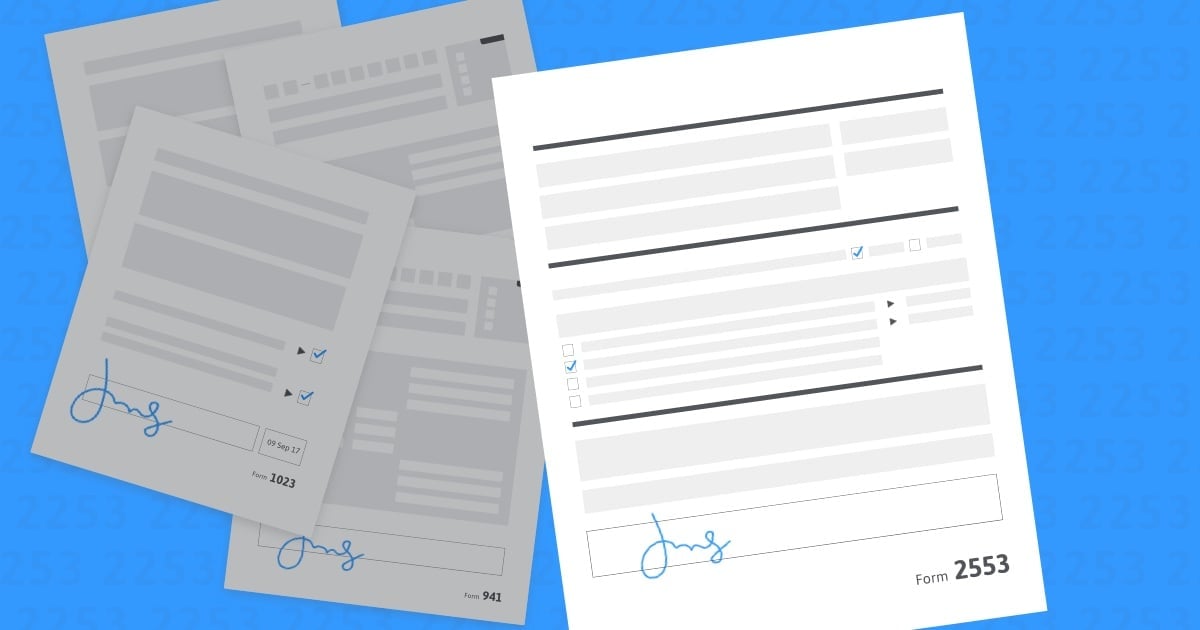The Tax Cuts and Jobs Act (TCJA) was passed at the end of 2017, meaning that this tax season is the first year we’re feeling the full repercussions.
You’ve likely already advised clients to update withholding and other tax standards in order to qualify for the highest return. However, we know that in the mayhem of running a small business, there’s a chance that even these important items get put off—and that your clients have just now started to think about or act on the recent tax reform.
While there is always a temptation to use last year’s return as a template, you ought to advise clients that especially with the new tax changes for the 2018 return, they would benefit from carefully reviewing their books and categorizing correctly.
Additionally, this will help you to start a conversation with your client about the bookkeeping practices that will help them moving forward, so that they can lower their tax bill next year. Whether you are helping your clients save money now or later, these 5 bookkeeping tips will help small business owners take full advantage of the TCJA.
1. Use tags or classes to group pass-through expenses
The new 20% deduction for pass-through businesses should be a great boon to small business owners. However, if your clients are incorrectly categorizing or labelling certain payables, they could be unintentionally stepping into specified service business territory.
You see, the TCJA gets a little complicated when it comes to pass-through businesses. Essentially, pass-throughs are primarily anything other than a C-corp, meaning that most small business owners should qualify for this deduction.
However, in August of last year, the IRS issued proposed regulations on the pass-through deduction that limited deduction amounts for specified service businesses (any company whose main asset is the skill or reputation of its employees, i.e. lawyers, consultants, accountants, etc). For these small businesses, the 20% deduction begins to phase out at $157,000 for single filers and $315,000 for joint.
If your small business clients fall into these categories or do part-time consulting, they need to categorize these transactions correctly in their books. One way to keep an eye on potential savings directly from your financial reports is by using tags or “classes” in their accounting software. Small business owners can group expenses together with tags based on single locations or accounts. This can help them to distinguish pass-through deductions and other itemized expenses.
They may even benefit from legally separating specified service work and small business work. For example, small business owners with catering and consulting services could maintain their catering business under a pass-through and separately incorporate their consulting work. This way they can still take the full pass-through deduction on catering income.
2. Record possible deductions right away
The TCJA eliminated or reduced several popular deductions. Client entertainment expenses are no longer deductible and the write-off for office snacks and meals has dropped to 50%.
The principle of timeliness in bookkeeping is even more important now if small business owners want to guarantee that they’ll get the right deductions. For example, client meals still qualify for the 50% deduction, but if you incorrectly categorize a business meal as client entertainment, you won’t get any money back on that expense.
3. Keep books and documentation in the same place
Client and office expenses aren’t the only things that need to be carefully documented. If small business owners plan to take advantage of the newly restored 100% bonus depreciation, they need evidence—both in their books and in their documentation.
Companies can write off the entire cost of qualifying assets that they purchase and place in service. The break applies to new and used assets and it's increased greatly. For example, the maximum first year depreciation allowance for cars in 2017 was $10,000. After the TCJA, it’s up to $18,000.
Of course, clients may try to fudge the facts in their books, but this won’t stand up in an audit. Advise clients to keep documentation of shipping and use dates for assets that they plan to depreciate. Any documentation for depreciation expense elections ought to be recorded and tied to their bookkeeping accounts.
Your accounting program or a QuickBooks alternative (like ours) should allow you to link any relevant documentation to the corresponding transaction in your books. This will help small business owners survive audits and get the most out of their tax return.
4. Scrupulously record transactions for 1099s
With any tax season, TCJA or not, small business owners should be advised to scrupulously record any expenses that will be relevant to 1099s. The easiest way to do this is to identify 1099 expenses at the time those transactions are incurred.
In most accounting software products, there is an option to check a box identifying a vendor or a transaction as eligible for a 1099. If you’ve been marking transactions throughout the year as pertaining to that contact, then when it comes time to issue tax forms, you’ll have a very simple way to see the totals you need.
5. Consider switching to cash method
The TCJA raised the threshold to $25 million for companies using the cash method. While this may not affect very small businesses, if your clients are incorporated, they may now qualify to use the cash method instead of accrual. This could help them improve their return.
Typical businesses (with more receivables than payables) will find that the cash method will generally defer more income than the accrual method. If deferring income aligns with your tax strategy, then switching to the cash method may benefit your business.
Be sure to inform clients who choose to change their accounting method that they will also need to file Form 3115.
Take advantage of tax reform
It’s your job to make sure your clients take full advantage of new regulations. These bookkeeping tips and tricks will help small business owners get the most value out of the Tax Cuts and Jobs Act—and will help you provide the most value to your clients!
Jaren Nichols is Chief Operating Officer at ZipBooks, free accounting software for small businesses. Jaren was previously a Product Manager at Google and holds an MBA from Harvard Business School.








Get Our Latest Updates and News by Subscribing.
Join our email list for offers, and industry leading articles and content.